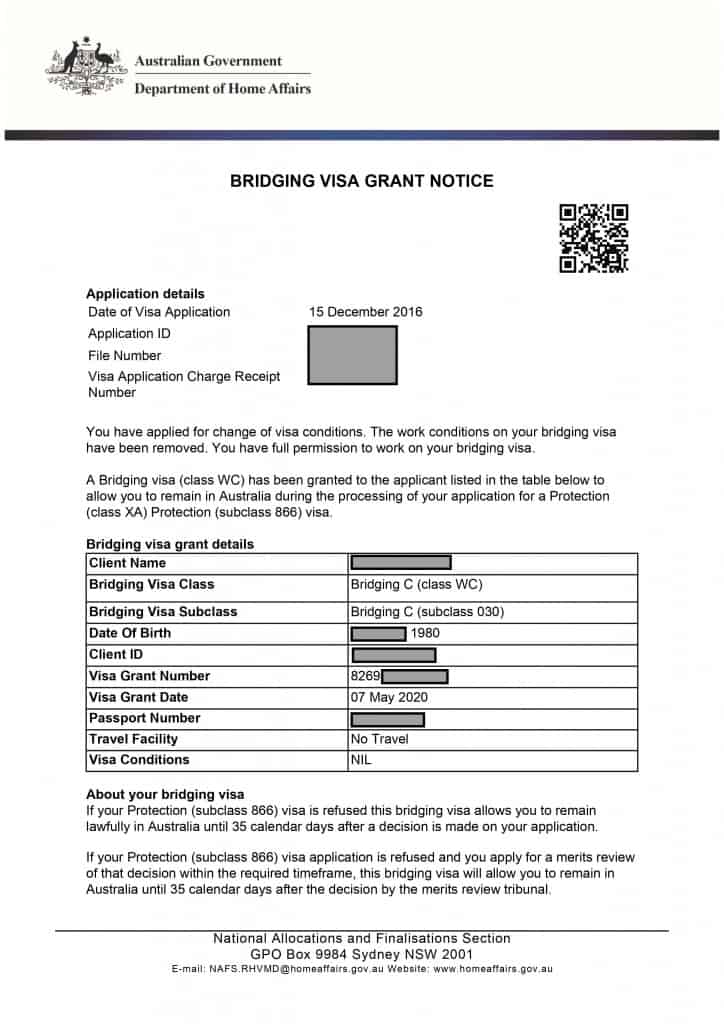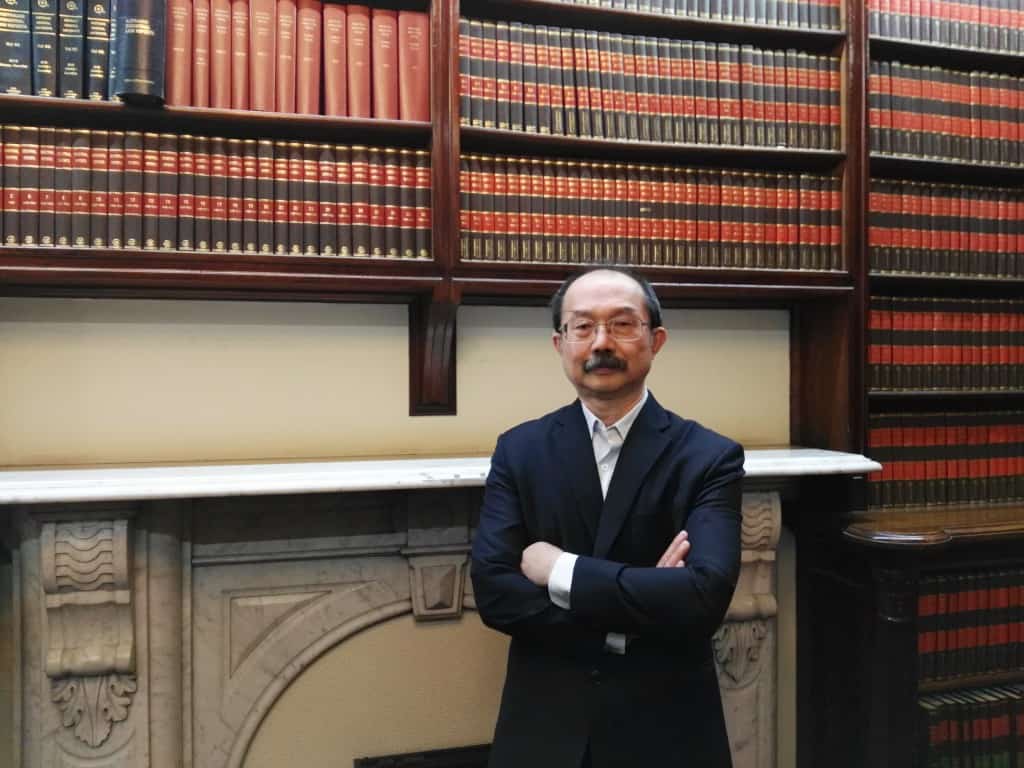
How to apply for work rights if you are on a bridging visa? Generally, if you are granted either bridging visa C (Class WC) (Subclass 030) or bridging visa E (Class WE) (Subclass 050), you are not permitted to work (click here to learn more about bridging visas). You should also be aware that these bridging visas do not allow you to return to Australia if you leave the country. And if you leave the country on either of these visas, you will be subjected to a 3 year ban (risk factor) from entering Australia, unless waived.
Why and How to apply for work rights? Usually when the Department first grant you a bridging visa C or bridging visa E, the Department will also impose condition 8101 or No Work.
Visa conditions that do not permit working in Australia
Visa condition 8101 does not allow the holder to work while in Australia. Similarly, condition 8102 only allows the holder to work if it is related to the holder’s course of study or training.
Condition 8103 also does not allow the holder to undertake work in Australia unless granted written permission from the Minister, which may be in relation to specified work; or for a specified time.
Condition 8104 applies to those on a student visa (click here to learn more about Student visa). Condition 8104 allows the holder to work for less than 40 hours a fortnight. The secondary holder of a student visa is not allowed to work in Australia until the primary visa holder has started to study. If the primary holder of the student visa is studying for a masters or doctoral dress, they may work for more than 40 hours a fortnight.
Condition 8105 applies to those on a student visa. This condition does not allow the holder to work until the primary visa holder has started their course of study unless the work is a requirement of the course.
How to apply for work rights if you are on a bridging visa C?
Part 030.212(3) says that if you hold a bridging visa C that was granted to you because you are in Australia and have made a valid application for a substantive visa of a kind that could be granted in Australia; and is subject to condition 8101.
How to apply for work rights if you are holding a bridging visa C? You must apply in writing to have condition 8101 removed. The Department may remove condition 8101 or No Work condition if you are able to show you have a compelling need to work.
What is compelling need to work?
The meaning of ‘compelling need to work’ is defined in reg. 1.08. Reg. 1.08 says a non-citizen has a ‘compelling need to work if and only if:
- you are in financial hardship; or
- you have applied for working visa (such as TSS 482).
‘Financial hardship’ is not defined but under policy, it means ‘a person can be taken to be in financial hardship if the cost of reasonable living expenses exceeds their ability to pay for them.’
How to apply for work rights if you are on a bridging visa E?
If you are holding a bridging visa E, you must demonstrate you have a ‘compelling need to work’ as well as explain why there is an ‘acceptable reason for your delay’ in lodging a Protection visa application (click here to learn more about Protection (Subclass 866) visa).
The Department must be satisfied with the reasons why you did not apply for a Protection visa after your arrival in Australia while holding a valid visa; and why you have now applied for a Protection visa after your visa expired.
Australian migration law is complex and difficult to understand, contact our immigration lawyer for a consultation (fee applies) to help you understand how to apply for work rights if you are on a bridging visa or click here to find another visa.

 041 222 4020 or WeChat: AUDvisa
041 222 4020 or WeChat: AUDvisa
This article is not intended to be or taken as migration legal advice. The author of this article disclaims any liability for any action or omission on the information provided or not provided in this article. You should always consult an immigration lawyer or a registered migration agent to form an informed opinion on your immigration matter.



